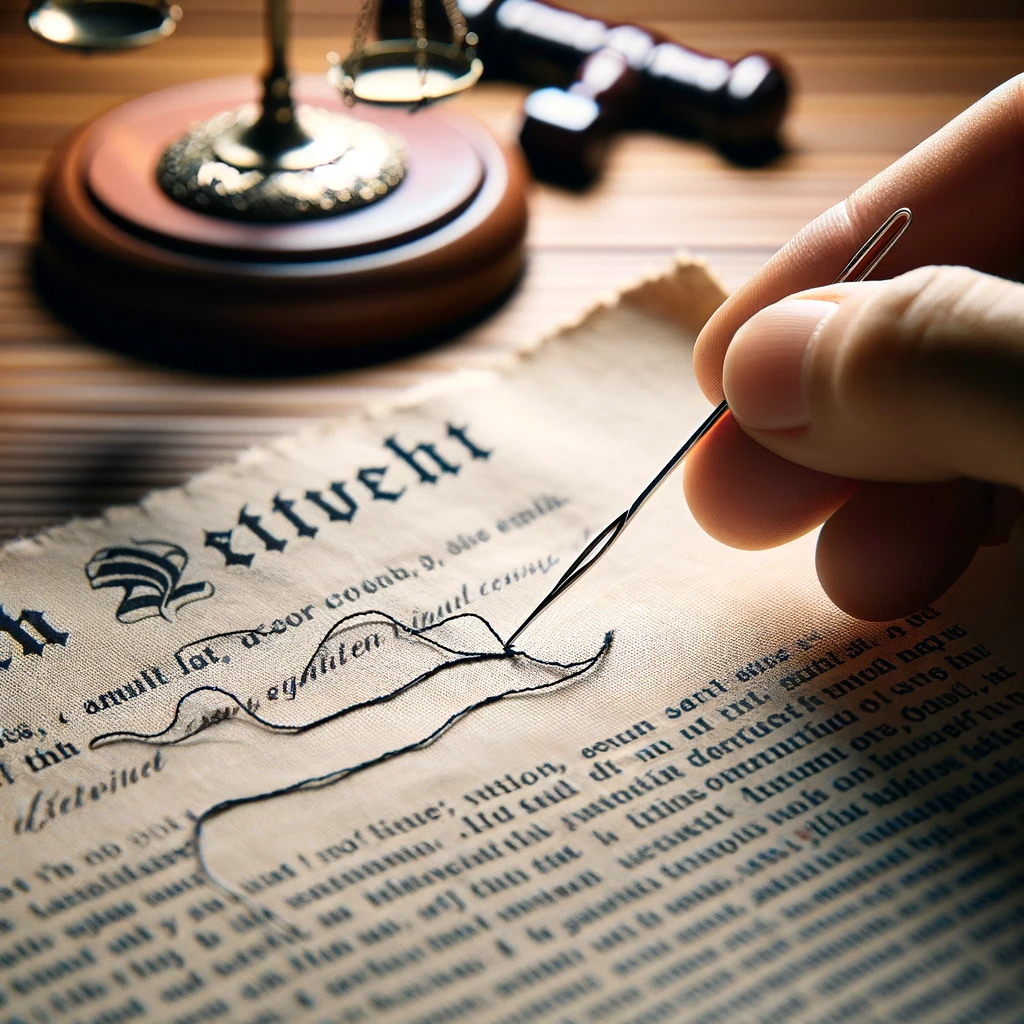Understanding the legal concept of ‘ineffective assistance of counsel’ is critical for anyone navigating the criminal justice system. It signifies a situation where a lawyer has failed to perform their duties effectively, potentially leading to adverse outcomes for the client. Let’s delve deeper into this important aspect of legal representation.
The Strickland Standard Explained
The cornerstone of ineffective assistance of counsel claims is the Strickland standard, established by the U.S. Supreme Court in Strickland v. Washington (1984). This standard introduces a two-pronged test to assess claims:
- Deficient Performance: This requires demonstrating that the lawyer’s performance fell below an objective standard of reasonableness. It pertains to significant errors or oversights that undermine the legal process, not minor mistakes or strategic differences.
- Prejudice: It necessitates showing that the lawyer’s deficiencies had an adverse impact on the case outcome. For instance, in a trial scenario, this could mean the difference between conviction and acquittal. In plea negotiations, it might involve accepting a deal that would have been rejected with proper counsel.
This standard underscores the fundamental principle that a lawyer’s role transcends mere procedural tasks; it demands competent and impactful representation at every stage, whether in courtroom battles or strategic negotiations.
A Different Perspective on Ineffective Assistance Claims
Ineffective assistance claims can elicit varying responses from legal professionals. While some attorneys may vigorously dispute such claims to protect their reputations, others, like myself, approach these situations differently.
My philosophy on legal representation, shaped by early experiences, emphasizes a commitment to achieving the best outcomes for clients within legal and ethical bounds. If a client raises a claim of ineffective assistance against me, my response is not defensive denial but a proactive effort to address and rectify any shortcomings.
Reflecting on a personal case study underscores the importance of humility and accountability in legal practice. Despite our best efforts, mistakes can occur, and it’s crucial to acknowledge them openly and take corrective action to safeguard our clients’ interests.
The reality of legal practice underscores that not every case will end in victory. However, what distinguishes ethical advocacy is unwavering dedication to clients’ welfare, even in challenging circumstances.
Seeking the Right Legal Representation
If you or a loved one is facing legal challenges, it’s imperative to seek legal representation from professionals committed to ethical and client-centered advocacy. Contact me today if you’re looking for a lawyer dedicated to your interests and determined to navigate the complexities of the criminal justice system with integrity.

